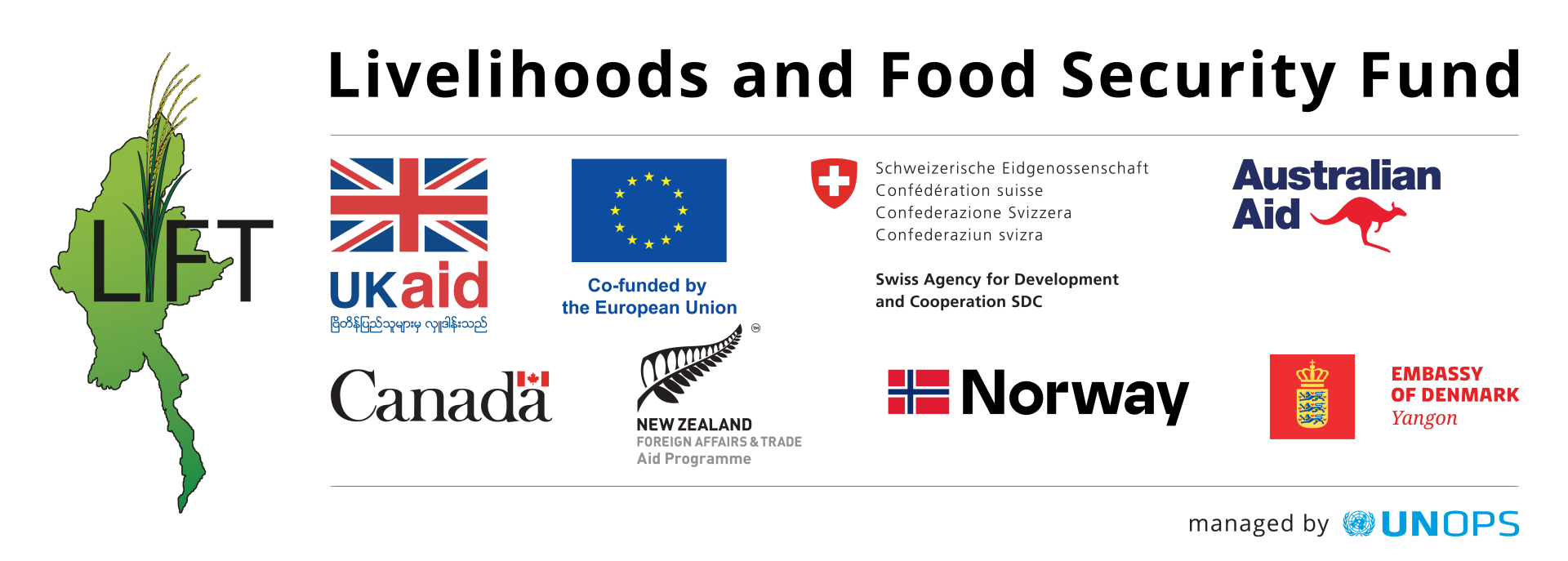
Feed the Future Innovation Lab for Food Security Policy
Research Paper 52
May 2017
Food Security Policy Project (FSPP)
by Ben Belton, Mateusz Filipski and Chaoran Hu
Fish farming (aquaculture) has grown rapidly in Myanmar over the last two decades and plays an increasingly important role in national fish supply, but its technical and economic characteristics have been poorly studied. This report addresses this knowledge gap by presenting data from the first statistically representative survey of fish farms conducted in Myanmar - the Myanmar Aquaculture-Agriculture Survey (MAAS).
MAAS was implemented in May 2016. A total of 242 fish farming households (151 growout farms and 73 nurseries) were interviewed in a ‘cluster’ of 25 village tracts as part of a larger survey that covered 1102 households in 40 village tracts in the main fish growing areas of Myanmar in Ayeyarwady and Yangon regions. As estimated from satellite images, the village tracts surveyed contained 57% of the total area of inland fish ponds in the Ayeyarwady Delta. Surveyed farms represent the entire population of fish farming households resident in these village tracts.
Survey results provide a comprehensive ‘benchmark’ of the characteristics of inland aquaculture in Myanmar. Features analyzed include: farm productivity and profitability; farm size; production cycle duration; use of feed, seed and other production inputs; demand for labor; harvesting and marketing behaviors; technological change; the economic and social characteristics of fish farming households; and land access and tenure.


